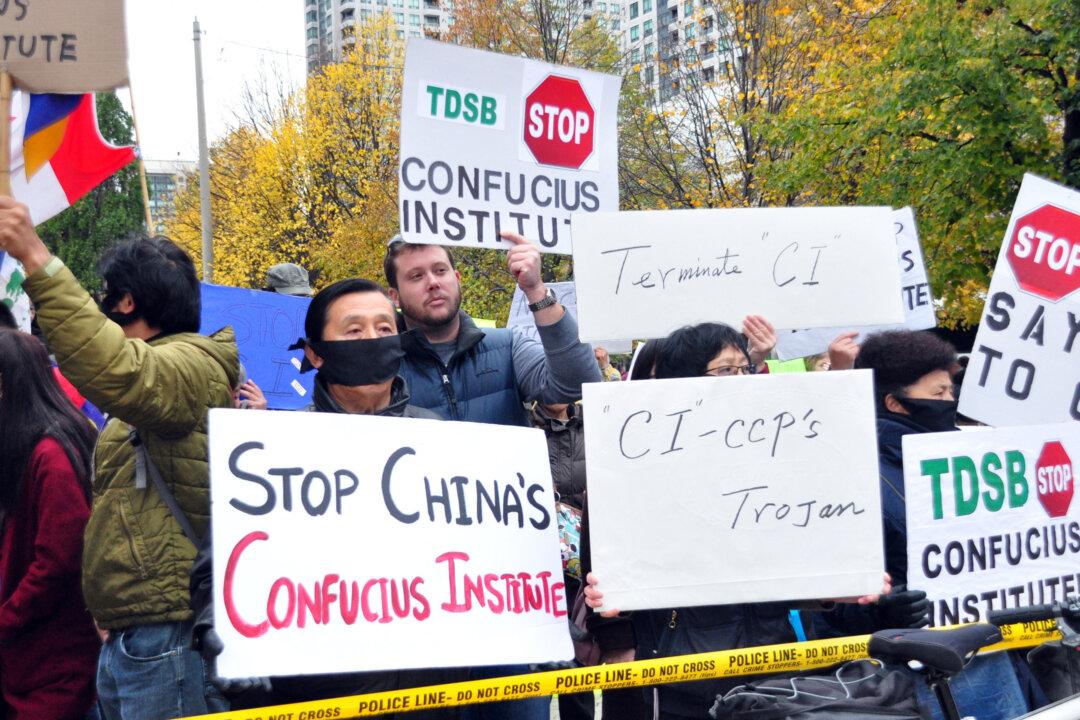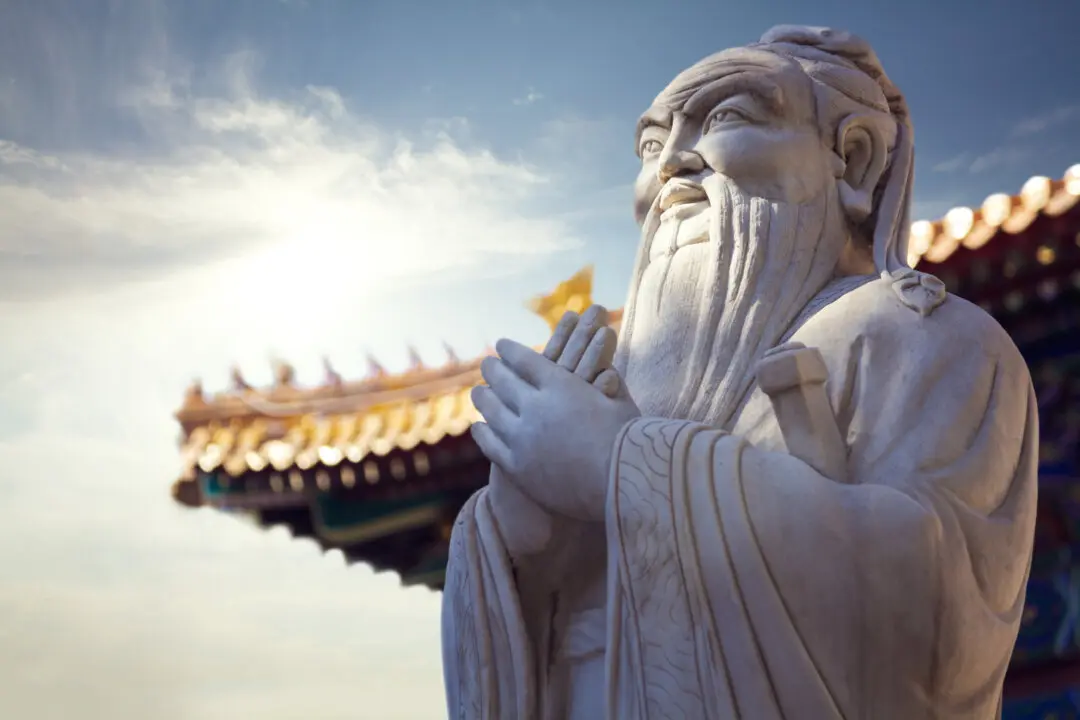The Chinese Communist regime has gained a foothold in Austria through its Confucius Institute at the University of Vienna, according to media reports and leaked government documents recently obtained by The Epoch Times from a trusted source.
Confucius Institutes (CIs) are operated under Hanban, an organization under China’s Ministry of Education, which promotes communist ideology and censors topics the regime deems sensitive, such as the persecution of Falun Gong adherents, Uyghurs, Tibetan Buddhists, and the Tiananmen Square Massacre.





